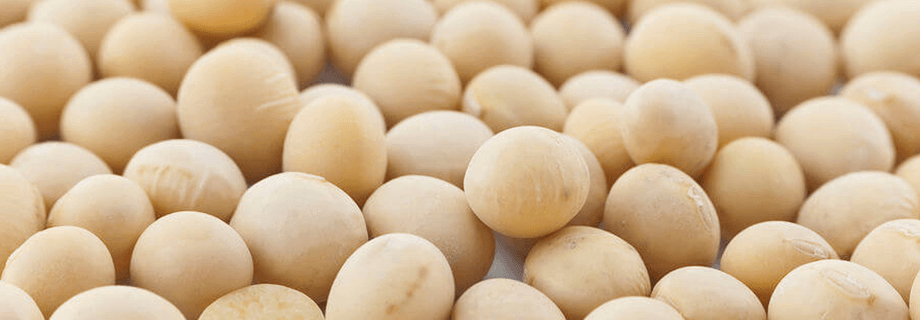Nutrition is Not All What Soybeans Provide

We are all familiar with the nutritional contribution of properly processed soy protein and oil to both animals and humans. Soybeans contribute a lion’s share of the amino acid and protein requirements of livestock and poultry, while the soy oil serves as an excellent source of energy and essential fatty acids.
On the other hand, traditional soy foods, such as textured soy protein, soy milk, tofu and miso, have played important roles in Southeast Asian diets for centuries and have been consumed by health-conscious individuals in Western countries for decades.
Protective and therapeutic effects of soybean intake has been documented. Soybeans are an unique dietary source of the isoflavones, Genistein, Glycitein and Daidzein. It has been part of the Southeast Asian diet for nearly five millennia, whereas consumption of soy in the United States and Western Europe has been limited to the 20th century.
Heavy consumption of soy in Southeast Asian populations is associated with reduction in the rates of certain cancers and cardiovascular disease. Experimental evidence suggests that phytochemicals in soy are responsible for its beneficial effects, which may also include prevention of osteoporosis, a hereditary chronic nose bleed syndrome, and autoimmune diseases.
Soybeans and soy foods potentially have many health-promoting effects, including cholesterol reduction, improved vascular health, reduction of menopausal symptoms and preserved bone mineral density. Whereas, populations consuming high intakes of soy have had lower prevalence of certain cancers, definitive experimental data are insufficient to clarify a protective role of soy. Consuming soy will be potent tools in the treatment and prevention of chronic disease.
A few years ago, the FDA evaluated the safety of soy when they approved the health claim stating, “25 grams of soy protein per day, as a part of a diet low in saturated fat and cholesterol, may reduce the risk of heart disease.”
When evaluating the safety of soy foods, it is important to look at the totality of the scientific research which indicates soy foods can safely be incorporated into the diets of all healthy individuals with the exception of those allergic to soy protein.

